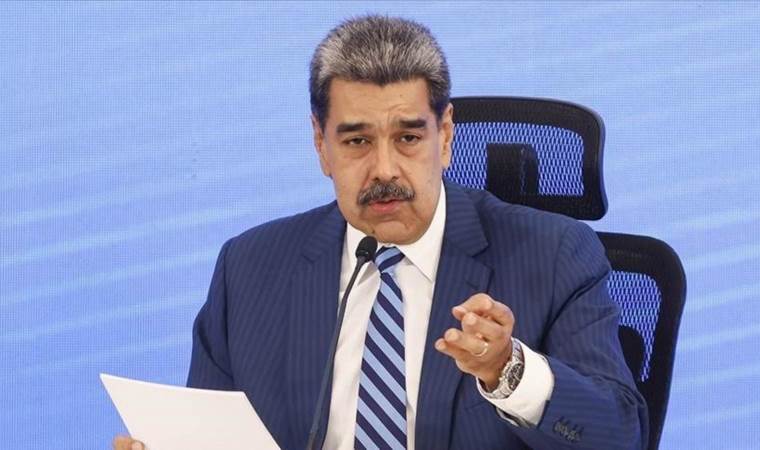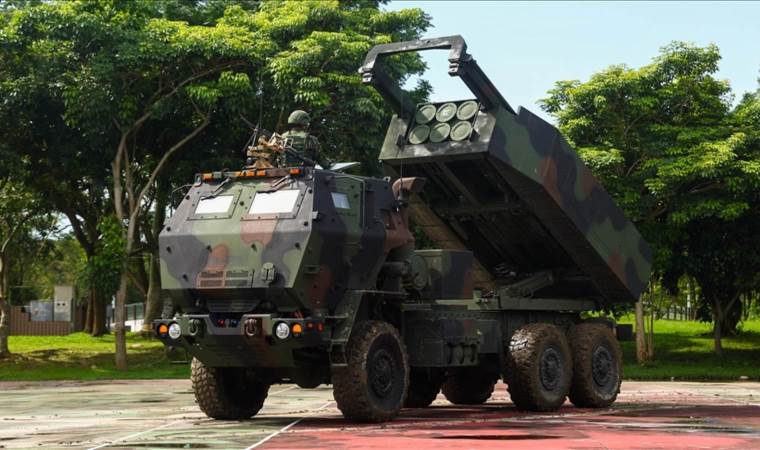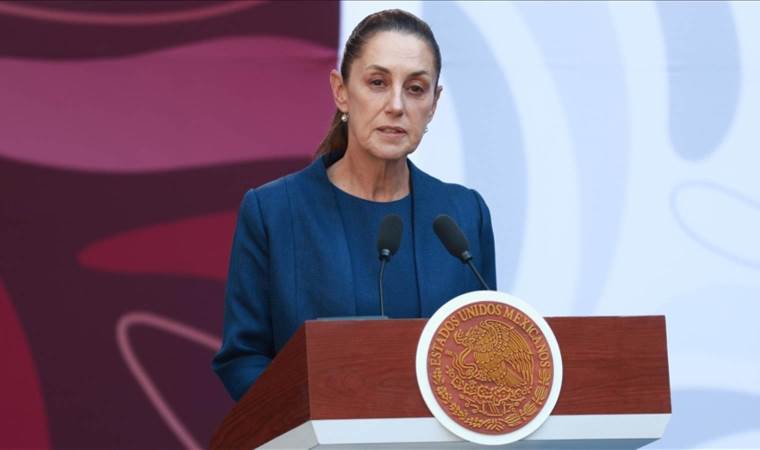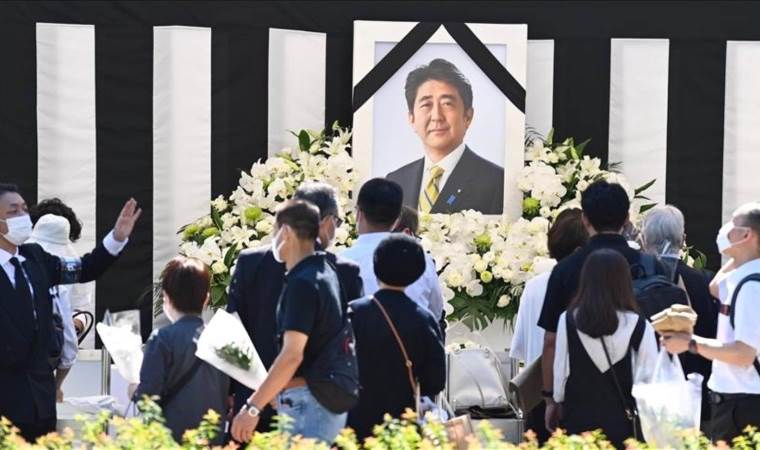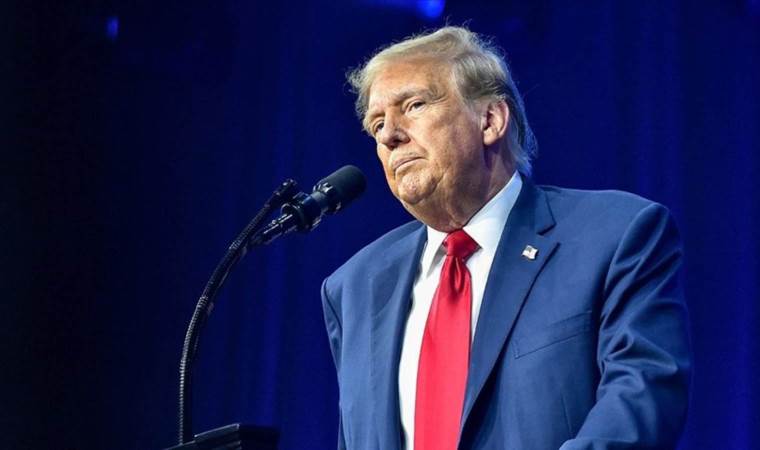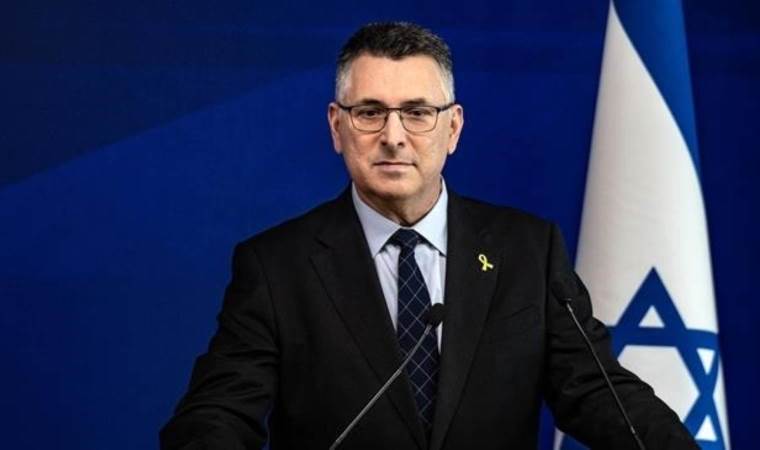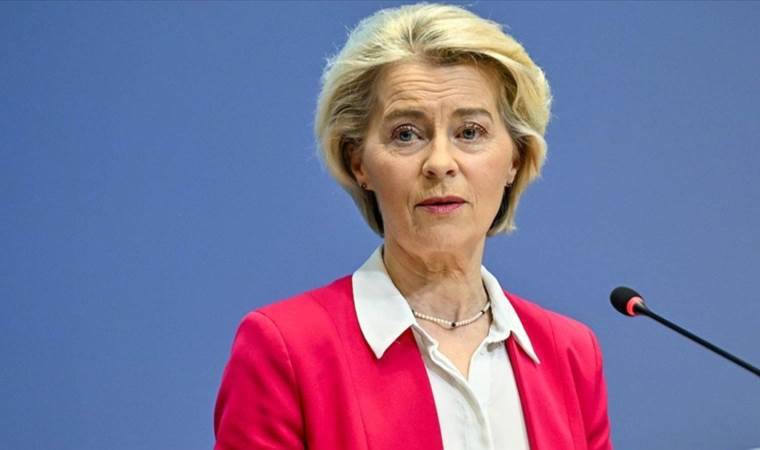Exit polls show opposition’s Lee in lead as South Korea awaits new president
South Korea on Tuesday voted in a snap election to pick a new leader, months after President Yoon Suk Yeol was removed from office for declaring martial law.
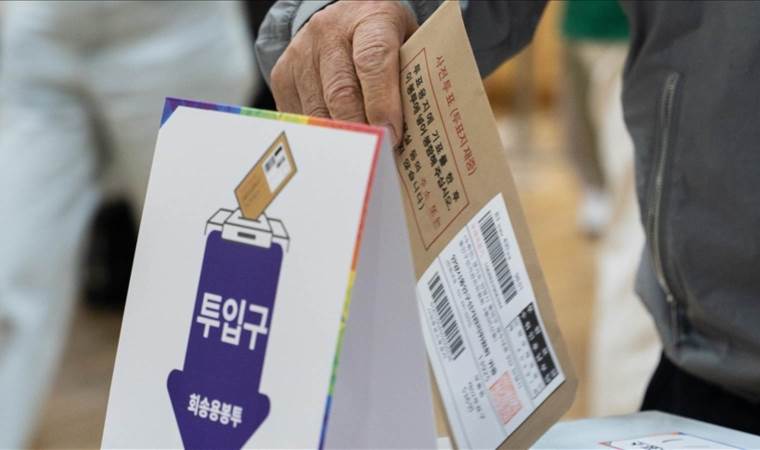
Exit polls showed Lee Jae-myung, representing the main opposition Democratic Party, garnering over 50% support, Yonhap News reported.
Counting of votes is going on, while official results will take hours, and the new president is likely to be confirmed early Wednesday, local time.
Polling stations opened at 6 am local time (2100GMT Monday) and closed at 8 pm (1100GMT).
The new president will serve a one-time five-year term.
Nearly 29,000 police officers were deployed across the country, where people cast their ballots at around 14,295 polling stations.
As of 8 pm local time (1100GMT), voter turnout had reached over 77.8%, including early and overseas ballots, surpassing the 77.1% recorded in the 2022 presidential election, according to the Daily Korea JoongAng.
The early election was triggered by the Dec. 14 impeachment of former President Yoon following his failed attempt to impose martial law on Dec. 3.
Polling was due within two months after South Korea’s Constitutional Court upheld the National Assembly’s impeachment of Yoon in April.
He was supposed to serve as president until 2027.
Yoon, along with his wife, Kim Keon Hee, also cast their votes at a polling station in the capital, Seoul.
Lee lost to Yoon in 2022 by a thin margin.
More than 15 million out of a total of 44.3 million eligible voters, including overseas South Koreans, have already cast their ballots in the two-day early voting period.
Kim Moon-soo from the ruling People Power Party was trailing Lee with around 39% support, according to exit polls.
Besides the two frontrunners, there were three other candidates in the race: Lee Jun-seok of the New Reform Party, Kwon Young-guk from the Democratic Labor Party, and an independent contender, Song Jin-ho.
This is the 21st presidential election in the country since its establishment in 1948.
The successful candidate will be sworn in soon after his victory is confirmed, as early as Wednesday morning.
Lee Ju-ho, the deputy prime minister and education minister, became acting president last month after the resignations of Prime Minister Han Duck-soo and Finance Minister Choi Sang-mok.
This time South Korea will not see a transition period of 60 days, and instead, the new leader will quickly begin his term, with fresh policy decisions expected on issues including US tariffs, the sluggish domestic economy, and all-time low ties with North Korea.
Most Read News
-
 4 killed in latest US strike on alleged ‘narco-trafficki
4 killed in latest US strike on alleged ‘narco-trafficki
-
 Venezuelan president appeals to Colombian military for h
Venezuelan president appeals to Colombian military for h
-
 Trump greenlights over $11B in new arms packages for Tai
Trump greenlights over $11B in new arms packages for Tai
-
 Mexico's president urges UN to intervene in Venezuela to
Mexico's president urges UN to intervene in Venezuela to
-
 Japanese prosecutors seek life sentence for assassin of
Japanese prosecutors seek life sentence for assassin of
-
 Trump touts 'Warrior Dividend,' record in address to nat
Trump touts 'Warrior Dividend,' record in address to nat
-
 Israeli foreign minister claims interest in Syria deal d
Israeli foreign minister claims interest in Syria deal d
-
 EU must cut overdependencies to stay competitive, von de
EU must cut overdependencies to stay competitive, von de

